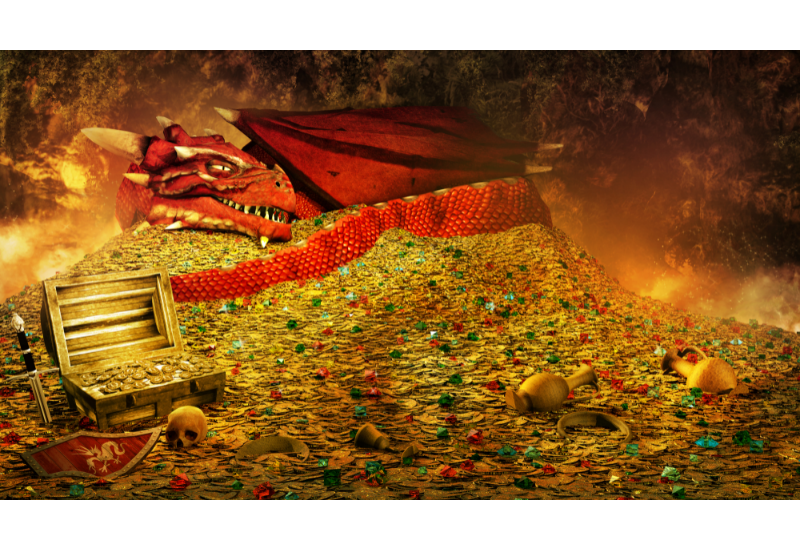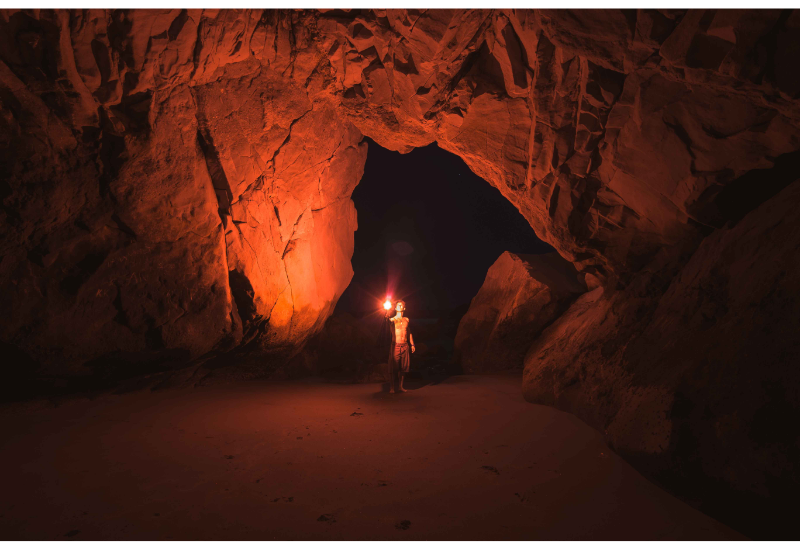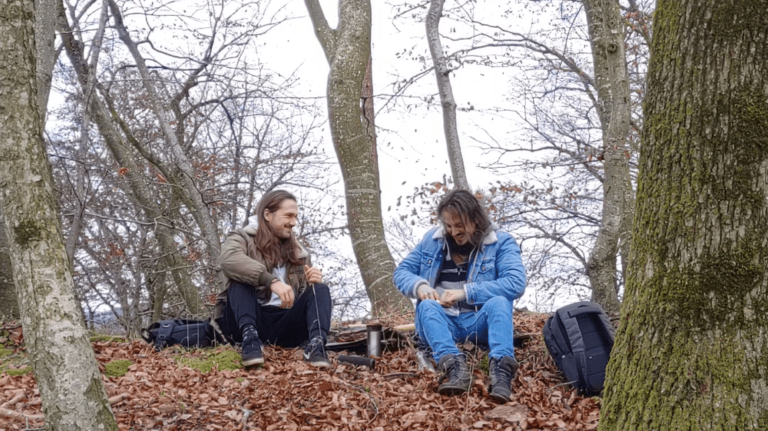Why you should face your fears
Often when we are faced with a task that we are afraid of, or that seems unsolvable, we chicken out. The problem, however, is that we can't rise above ourselves unless we set ourselves tasks that exceed our current competencies.
As already mentioned in my post "A journey of a thousand miles..." the first step is the hardest. In addition, the longer we wait to take the first step, the bigger the challenge seems. It can also help if you divide the task into many small subtasks to reduce the terror of the big challenge. But no matter how you spin it, it's always important to get started.
Likewise already Seneca, who belonged to the philosophical school of the Stoics It is not because it is difficult that we do not dare to do it, but because we do not dare to do it that it is difficult to do it." (through this link you will find my article where you will learn how to get better at the car). So, it's important to keep in mind that the tasks we need to do increase in size because of our fear of them. And, that through our own inaction, the deeds become more difficult.
In many stories and movies, the main plot is that the hero must face a task that exceeds his ability many times over. Take the heroic figure of the dragon slayer, who in most cases goes to the dragon's lair to slay it. In such stories there is usually a treasure or a princess who motivates the hero to face the monster. But even regardless of whether there is an obvious reward or not, it is advisable to face the monster. I'd rather go into battle well prepared and have the element of surprise on my side than wait for the dragon to feast on innocent sheep, grow and ambush me.

It is difficult to gather the courage and face your tasks. The only problem is that most people overlook the fact that you don't have the choice to face the dragon or not.
You have the choice of facing the dragon or being faced by the monster.
To briefly explain non-metaphorically:
You have a choice whether to face your fears to learn from them (and you will learn something even if you fail at whatever it is). Then you will have gained new knowledge and you will be able to prepare yourself a bit better next time. But if you don't face the tasks that you know are inevitable, then you may not feel the sense of defeat. But you won't learn anything either. You will not continue your education, but stagnate.
To succeed means to stand up once more than you fell down.
Winston Churchill
The feeling of failure is not a particularly pleasant one; we probably all agree on that. Since one logically tries to avoid unpleasant feelings, it is logical to conclude that one does not even attempt some tasks for fear of failing. The question that arises now is the following: is the regret of not having dared in the first place worse than the feeling of failure?
For my part, I have more respect for the person who tries something, regardless of whether he fails or not, than for the person who doesn't even try - but therefore doesn't fail. Each of us will fall in the course of our lives. And often.
But getting punched in the face by life is nothing pathetic.
It should be more shameful not to live life the way you want to because you are afraid you might fall.

The fool who persists in his nonsense will become wise.
William Blake
For outsiders, it can be amusing to see someone fail at a task. But if that someone keeps getting up and keeps rededicating himself to the task, he will succeed sooner or later. Every time he faces the problem, he learns a little bit more.
So the next time you are afraid to face the lion, you should consider that it is better to go into the jungle and face the lion. Than to wait for the monster to jump out of the jungle and surprise you. But even if the lion surprised you, it is important to get up, think about what you could have done differently or better and prepare for the next encounter with the lion.
Did you like this article? You can let us inform you about new articles:







